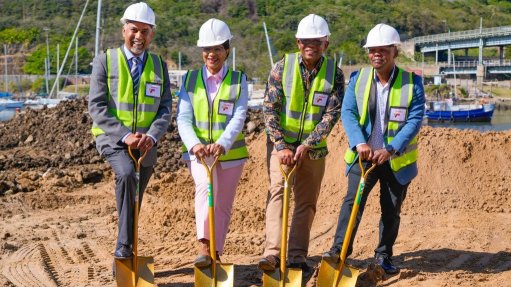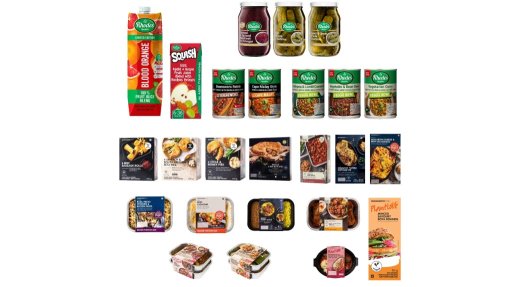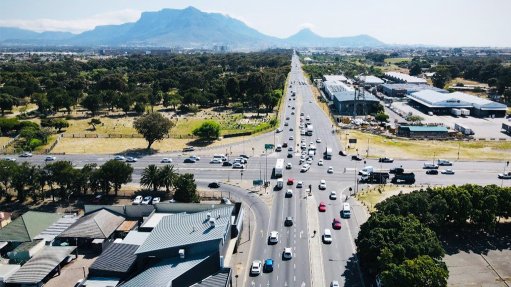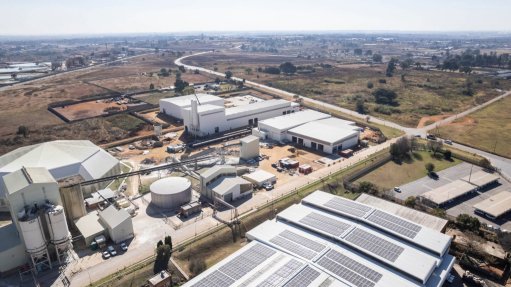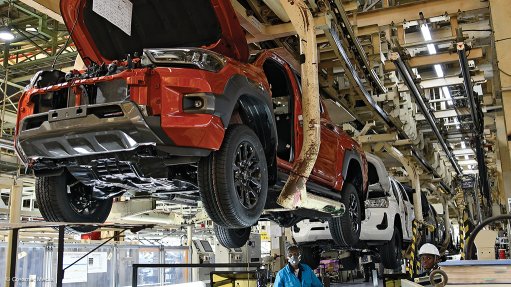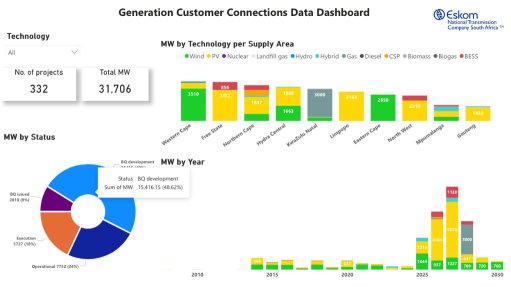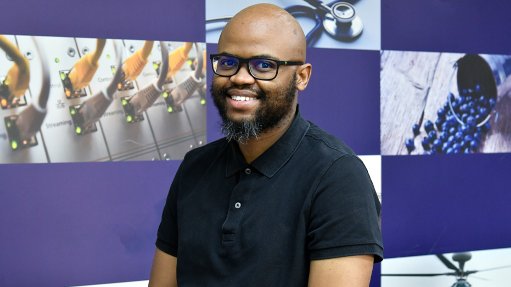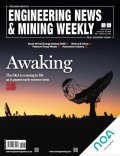Company highlights safety imperatives for engineering professionals

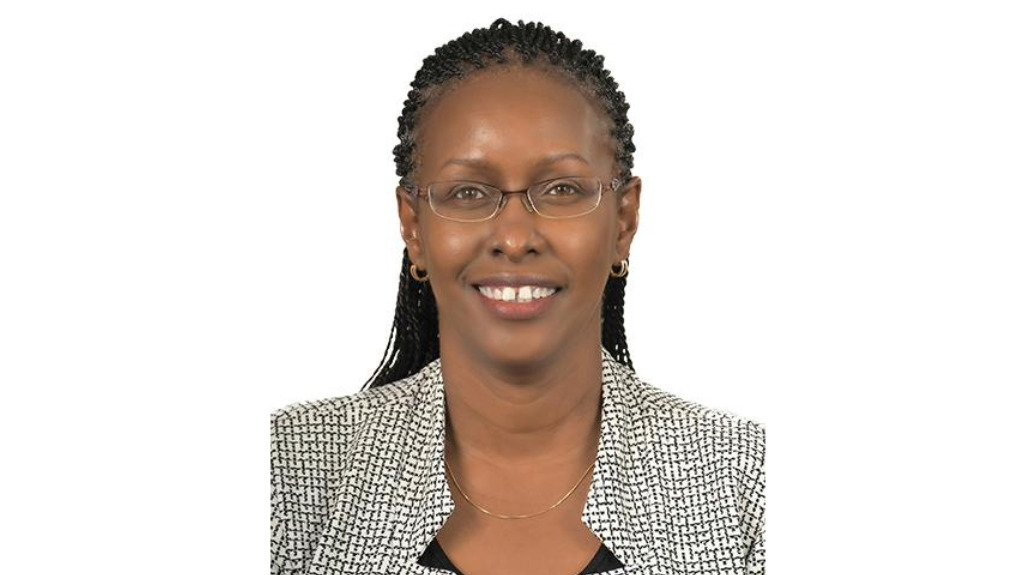
MARGARET OGAI As an organisation with experienced engineering professionals, we have a duty to orient aspirant engineers towards a new safety dispensation and develop new standards that can effectively mitigate some of the accidents occuring in this sector
A commitment to enhancing engineering capabilities by incorporating safety and technology into the development agenda of Kenya’s built environment industry is a key priority for Nairobi-based State-owned engineering consultancy Engineers Board of Kenya (EBK).
The organisation aims to attract and retain globally competitive engineers who can deliver quality engineering services, and it does this through carefully overseeing the registration credentials of Kenyan engineers and consulting engineering firms.
“We are a State corporation, which means we have an Act of Parliament that backs the activities that we do, and we, therefore, represent public interests, not just the engineers as such, but the whole value chain of engineering . . . from basic education to women’s university programmes,” notes EBK CEO Margaret Ogai.
She highlights that the broad bottom-up economic transformation agenda of the company is based on delivering sufficient engineering solutions to address socioeconomic issues in Kenya, including housing deficits and collapsed buildings.
The consultancy is operating an affordable housing programme which facilitates the delivery of 200 000 housing units every year. Additionally, EBK is undertaking work on constructing a ‘digital superhighway’ in Nairobi, with 100 000 km of cables to be laid.
Regarding transportation, Ogai says Kenya remains a key transportation hub in East Africa and that increased efforts are under way to connect with neighbouring countries. There is a substantial World Bank-funded programme between Kenya and Somalia, called the Horn of Africa Gateway project, whereby 700 km of road will be developed to improve the movement of people and goods, ultimately aimed at enhancing trade and providing better access for social services in this region, she adds.
Safety Imperative
Elaborating on the need to advance safety skills in Kenya’s construction sector, EBK has partnered with global safety charity Lloyd’s Register Founda-tion, which has invested nearly £300 000 in a programme that aims to transform safety culture throughout the Kenyan construction industry.
The project, titled ‘Programme for Enhancement of Safety Skills for Engineers and Practitioners in the Construction Industry in Kenya’, will support the development of curricula, courses and monitoring tools, so that practitioners and workers have the capacity, capability and understanding to identify and address risks to safety on construction sites countrywide.
“We want to look at university students, particularly those who are being trained to be engineers, and we want to include safety-related aspects in their curriculum. As an organisation with experienced engineering professionals, we have a duty to orient aspirant engineers towards a new safety dispensation and develop new standards that can effectively mitigate some of the accidents occurring in this sector,” Ogai explains.
A key consideration in addressing sectoral challenges is to assess the use and value of monitoring and evaluation processes: “I think we are not very good at collecting data, even to inform future policy and advocacy frameworks, so we want to come up with an effective monitoring and evaluation framework, which will accurately monitor progress and help us to identify [any] gaps.”
Within the global nongovernmental organisation Federation of African Engineers Organisation (FAOE) rests a committee of registrants from some East African countries that assess how engineering practitioners ought to standardise practices within the construction sector.
Kenya is also bidding to join the International Engineering Alliance as a way of furthering the global recognition of its engineering practices, with increasing efforts to ensure engineering technologists and technicians receive equal recognition.
Ogai says the engineering sector will play a pivotal role in achieving the UN Sustainable Development Goals (SDGs), as engineers can help to identify opportunities, monitor progress and develop innovations that help to build resilient infrastructure.
“If we look at the SDGs, 80% of them are squarely going to be delivered by competent, professional and ethical engineering practitioners. From a global perspective, we really need to use engineering to serve humanity. “[T]herefore, we need to improve capacities and capabilities of engineers, as well as enhance their skills sets based on ever-evolving safety and technology improvements,” she concludes.
Article Enquiry
Email Article
Save Article
Feedback
To advertise email advertising@creamermedia.co.za or click here
Comments
Press Office
Announcements
What's On
Subscribe to improve your user experience...
Option 1 (equivalent of R125 a month):
Receive a weekly copy of Creamer Media's Engineering News & Mining Weekly magazine
(print copy for those in South Africa and e-magazine for those outside of South Africa)
Receive daily email newsletters
Access to full search results
Access archive of magazine back copies
Access to Projects in Progress
Access to ONE Research Report of your choice in PDF format
Option 2 (equivalent of R375 a month):
All benefits from Option 1
PLUS
Access to Creamer Media's Research Channel Africa for ALL Research Reports, in PDF format, on various industrial and mining sectors
including Electricity; Water; Energy Transition; Hydrogen; Roads, Rail and Ports; Coal; Gold; Platinum; Battery Metals; etc.
Already a subscriber?
Forgotten your password?
Receive weekly copy of Creamer Media's Engineering News & Mining Weekly magazine (print copy for those in South Africa and e-magazine for those outside of South Africa)
➕
Recieve daily email newsletters
➕
Access to full search results
➕
Access archive of magazine back copies
➕
Access to Projects in Progress
➕
Access to ONE Research Report of your choice in PDF format
RESEARCH CHANNEL AFRICA
R4500 (equivalent of R375 a month)
SUBSCRIBEAll benefits from Option 1
➕
Access to Creamer Media's Research Channel Africa for ALL Research Reports on various industrial and mining sectors, in PDF format, including on:
Electricity
➕
Water
➕
Energy Transition
➕
Hydrogen
➕
Roads, Rail and Ports
➕
Coal
➕
Gold
➕
Platinum
➕
Battery Metals
➕
etc.
Receive all benefits from Option 1 or Option 2 delivered to numerous people at your company
➕
Multiple User names and Passwords for simultaneous log-ins
➕
Intranet integration access to all in your organisation








